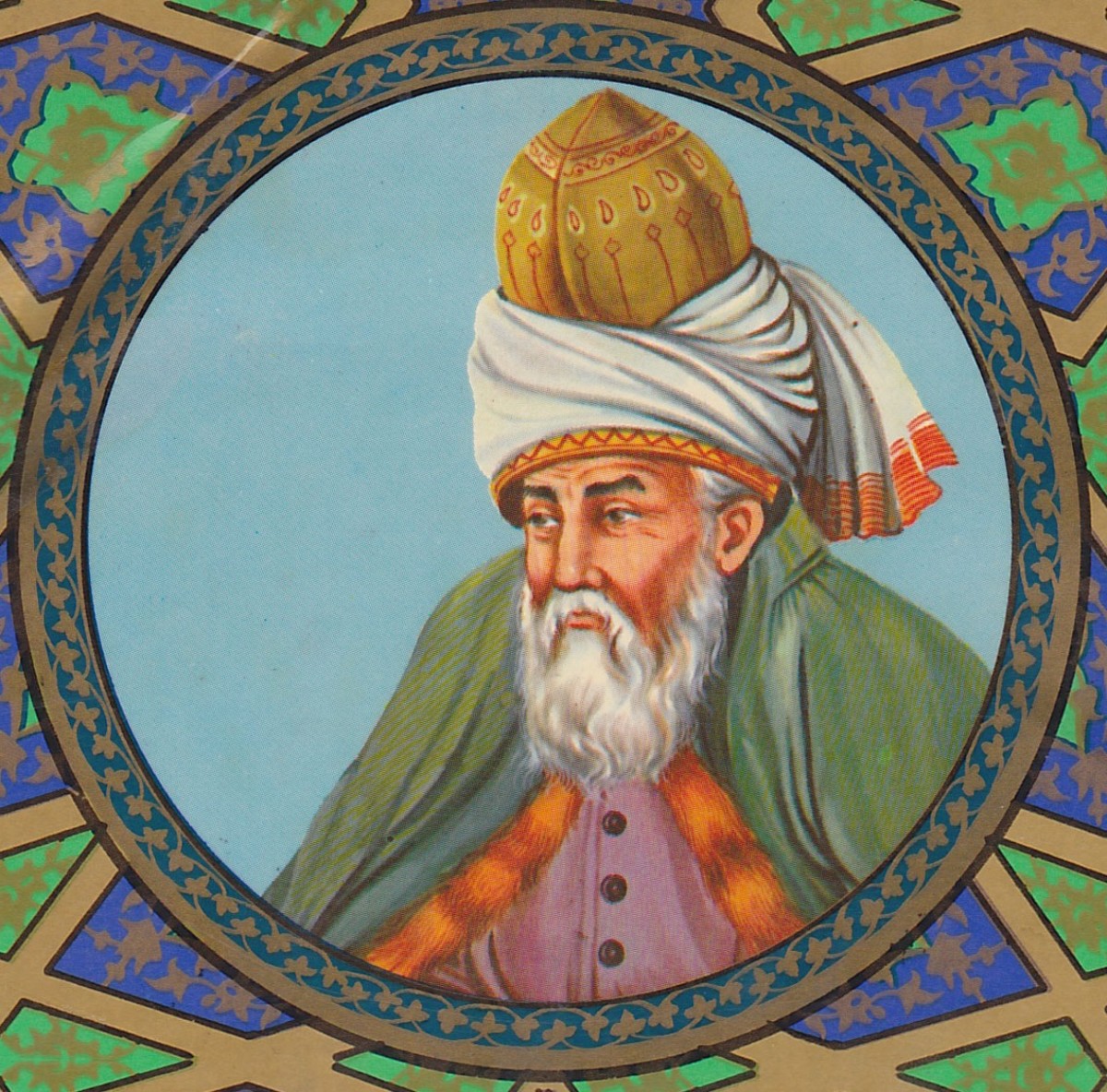Navigating the poles of Free Will and Determinism with Wisdom
Much political life plays out between the poles of Free Will and Determinism. This is an attempt to specify with some exactitude the means by which Wisdom, as defined below, might be used to navigate the wide sendukha between those hypothetical extremes.
Before embarking on the discussion proper, we require a working understanding of free will and wisdom. I would also recognise, as a matter of course, that not all determinists, and not all believers in free will, believe in the same thing. Both beliefs admits of different forms and extent.
For example, some determinists take the extreme perspective of absolute predestination (clockwork universe), while other determinists might say, for example, that the essential predestination of all things is incomprehensible to the normal human faculties, so that it makes little difference what we believe.
The example of Mikhail Bakunin's freely federated communes also come to mind, as a kind of hypothetical exercise in political organisation. Bakunin was an anti-theologist whose anarchism influenced the Russian Revolution, among other things: I interpret Bakunin to suggest that the determinism of the individual is set against the determinism of the State, and then the individual is set as against his own determinism. I'll not take him at face value, and expand the gradations of determinism over the whole space, so that the space between the absolute anarchy of Free Will [of the individual] and Determinism [of the Apex God] admits of possibly infinite gradations.
In the first place, any categorisation must efface some nuance. The job of the categoriser is to fashion his categorisations such as to shed some light on the various political forces at play.
Elsewhere, I have mentioned that wisdom is a sort of practical sense. I must disagree, however controversially, with those who consider that wisdom is some kind of magical “depth” or some ineffably “enlightened” state. Enlightenment is bound to the earth, to base materiality, for it is achieved by some kind of increment in sophistication. The description, "emergent", I treat with some suspicion (although I consider its use, in some cases, indispensable, given the limitations of human understanding). There is only a de minimis space for the doctrine of the mean: wisdom is part experience, part specialised application. Wisdom is the capacity to see essential connections - and, free will being a matter of extent, the greater one’s wisdom the greater capacity for freedom one will have - that is, the greater capacity for undermining the successive gradations of determinisms, unto the Determinism [of the Apex God] at the highest level (this level being a hypothetical abstraction).
It will be difficult to characterise as free he who is caught in the web of manipulation and deception, this web being comprised of some mix of philosophy / ideology. Anyone can see that. Wisdom as a function can be amoral, for it puts the choice in the hand of the individual (or in the hand of the subset of the individual, in the case of schizophrenia).
But not everyone will see that their fundamental beliefs (for every being capable of reflexive thought, of self-consciousness, Heidegger's ζώον λόγον έχον, "animal rationale", Man) are also a matter of socialisation. Independent thought is thus relative (for there is no such thing as complete independence of thought - our very language is public and learned), and so, usage of language puts one "in the system", so to say. In this Max Picard (The World of Silence, pg 32-33) is surely right, despite the many gross leaps of faith he makes in identifying Truth with the Apex God.
Wisdom allows one to see the underlying connections, and thus to become freer in thought to the extent that underlying connections are disclosed and subject to criticism (an act which undermines successive gradations of determinisms).
A determinist may or may not adhere to this conception of wisdom, of course.
Frederick Yann Yorck




Comments
Post a Comment